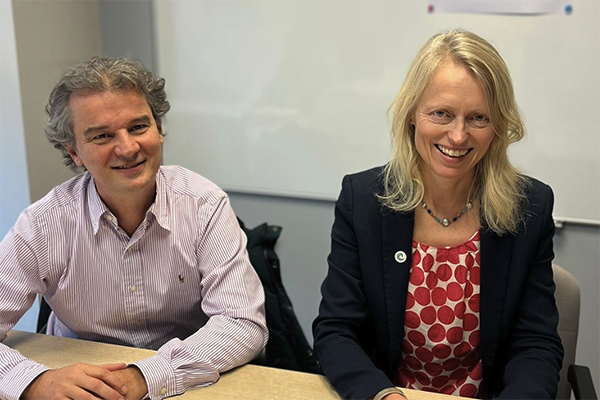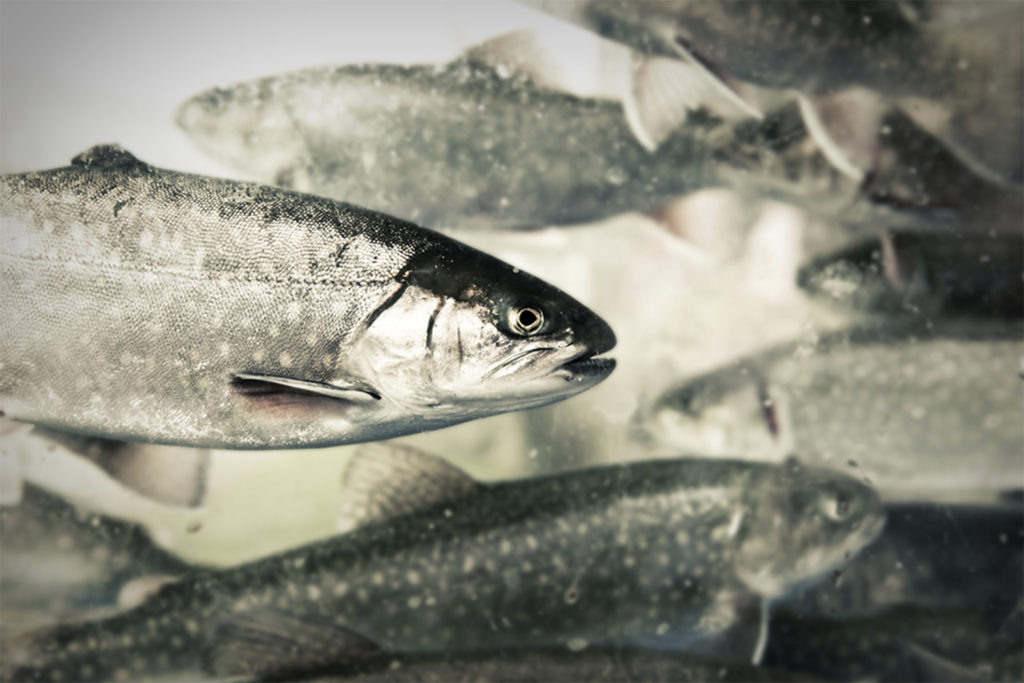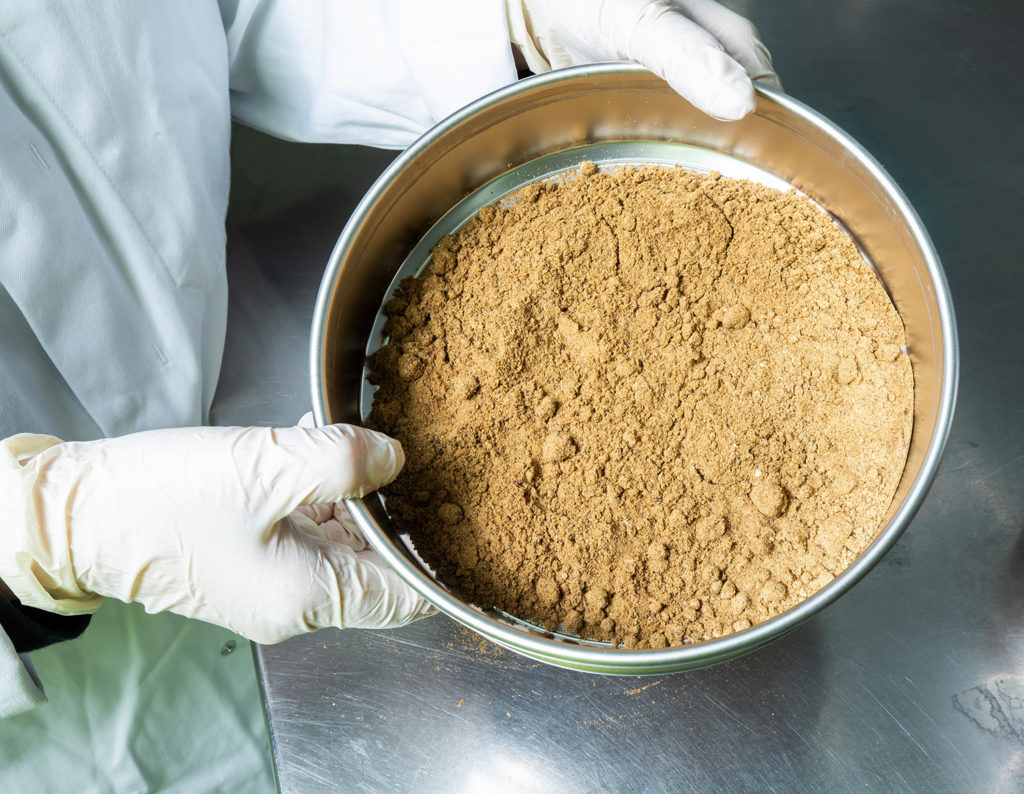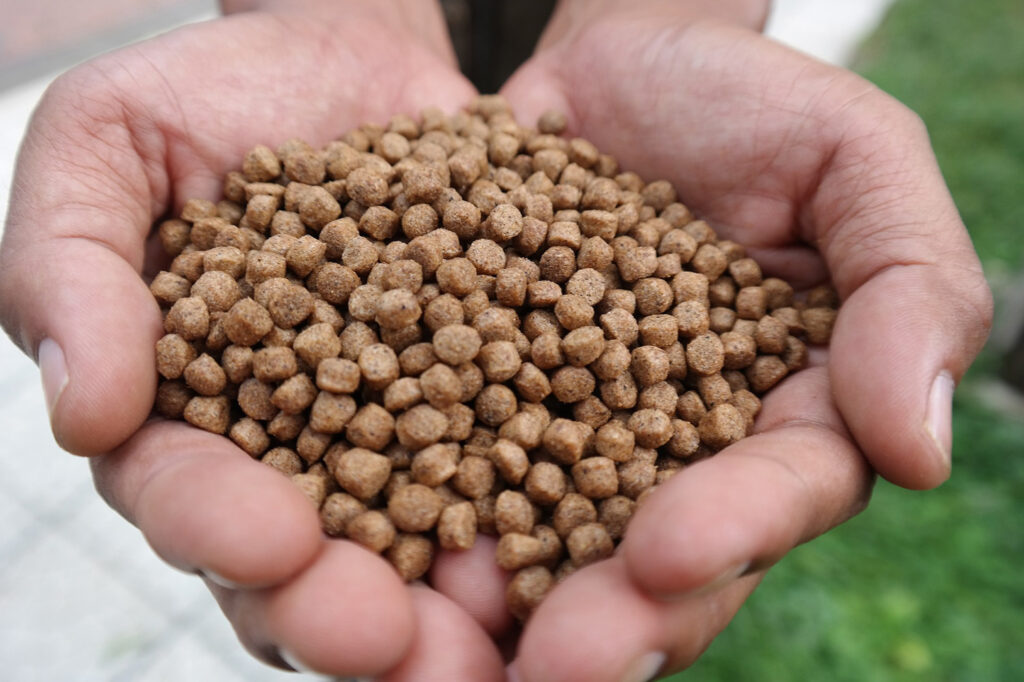New MoU facilitates a potential alignment of sourcing standards

Two global wild-capture fisheries standards holders will be working together to enhance cooperation within the marine ingredient supply chain.
Last week, MarinTrust and the Marine Stewardship Council (MSC) announced the signing of a Memorandum of Understanding (MoU) to improve understanding of both programs, reduce duplication and create efficiencies for producers of marine ingredients. Both organizations will explore opportunities for mutual recognition and alignment of their respective standards.
“This collaboration reflects both organizations’ shared commitment to improving fisheries management and addressing the increasing demand for responsible marine ingredients,” said Libby Woodhatch, executive chair at MarinTrust. “This MoU aims to clarify and recognize that both programs are complementary yet different. The complementarity enables efficiencies to be designed and offered to seafood supply chain actors.”
“The core of this MoU is to recognize that both programs share an interest in positioning robust assurance – based on credible third-party certification – as the preferable tool for the marine ingredients industry to demonstrate responsible sourcing,” said Nicolas Guichoux, chief program officer at MSC.
The two groups differ in terms of unit of certification, scope and role in seafood supply chains. MSC’s fisheries certification is available to fisheries, while its chain of custody (CoC) certification is available for other links in the supply chain from vessels and processors to end markets. MarinTrust’s Factory Standard is for marine ingredient production facilities that must demonstrate responsible sourcing, through sourcing raw material (including byproducts) that is MarinTrust approved. Its CoC standard is for marine ingredient processing or storage facilities.
The MSC Fisheries Standard covers target stock health, ecosystem impacts and management, while its CoC standard covers segregation-based traceability. MarinTrust covers responsible sourcing and production, as well as traceability of approved marine ingredients. MSC certification applies to all wild-capture fisheries, while MarinTrust focuses specifically on marine ingredient producers. Either CoC standard can cover processing for feed producers and pet food manufacturers.
Now that you've reached the end of the article ...
… please consider supporting GSA’s mission to advance responsible seafood practices through education, advocacy and third-party assurances. The Advocate aims to document the evolution of responsible seafood practices and share the expansive knowledge of our vast network of contributors.
By becoming a Global Seafood Alliance member, you’re ensuring that all of the pre-competitive work we do through member benefits, resources and events can continue. Individual membership costs just $50 a year.
Not a GSA member? Join us.
Author
Tagged With
Related Posts

Aquafeeds
Point: There are no essential ingredients in aquaculture feeds
Kevin Fitzsimmons, leader of the F3 (fish-free feed) Challenge, says aquaculture may currently depend on fishmeal and fish oil, but farmed fish do not.

Aquafeeds
Counterpoint: Marine ingredients are stable in volume, strategic in aquaculture nutrition
IFFO Director General Petter M. Johannessen says fishmeal and fish oil offer unmatched nutrition and benefits to fuel aquaculture’s growth trajectory.

Aquafeeds
A primer on sustainable feeds: Improving aquafeeds for sustainability, fish welfare and human nutrition
Improving aquafeed formulations can augment the sustainability and efficiency of aquaculture production – a new series from the GAIN project.

Aquafeeds
Aquaculture Exchange: Andrew Jackson, IFFO
Aquaculture remains dependent on fishmeal and fish oil, crucial marine ingredients in aquafeeds, particularly at key life stages. Andrew Jackson, technical director at IFFO and one of the world’s foremost fishmeal experts, tells the Advocate that the two industries can coexist well into the future if properly managed.



